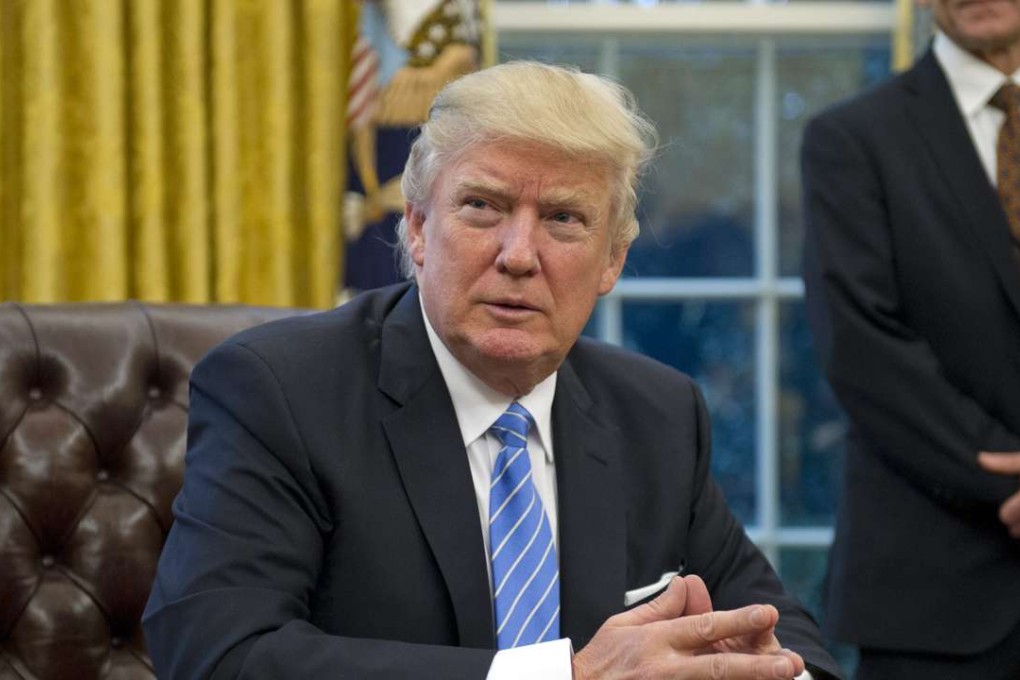My Take | The collapse of the flawed Trans-Pacific Partnership was inevitable
The trade pact typified the elitist thinking that put business first at the expense of ordinary people, and was a crude cover for the US China containment policy

In the summer of 2015, during a visit to the headquarters of athletic footwear giant Nike, Barack Obama made an impassioned defence of the US-led Trans-Pacific Partnership.
“If we don’t write the rules for trade around the world, guess what? China will,” he said. “And they’ll write those rules in a way that gives Chinese workers and Chinese businesses the upper hand.”
That speech, which was not widely reported at the time, offers two insights into US policy vis-à-vis China.
Firstly, despite repeated claims to the contrary, the US is pursuing a containment policy against China. Secondly, the 12-nation pact sans China was not just about eliminating quotas and tariffs but rewriting the rules of global trade as dictated, or at least heavily influenced, by Washington and its lobbyists.
